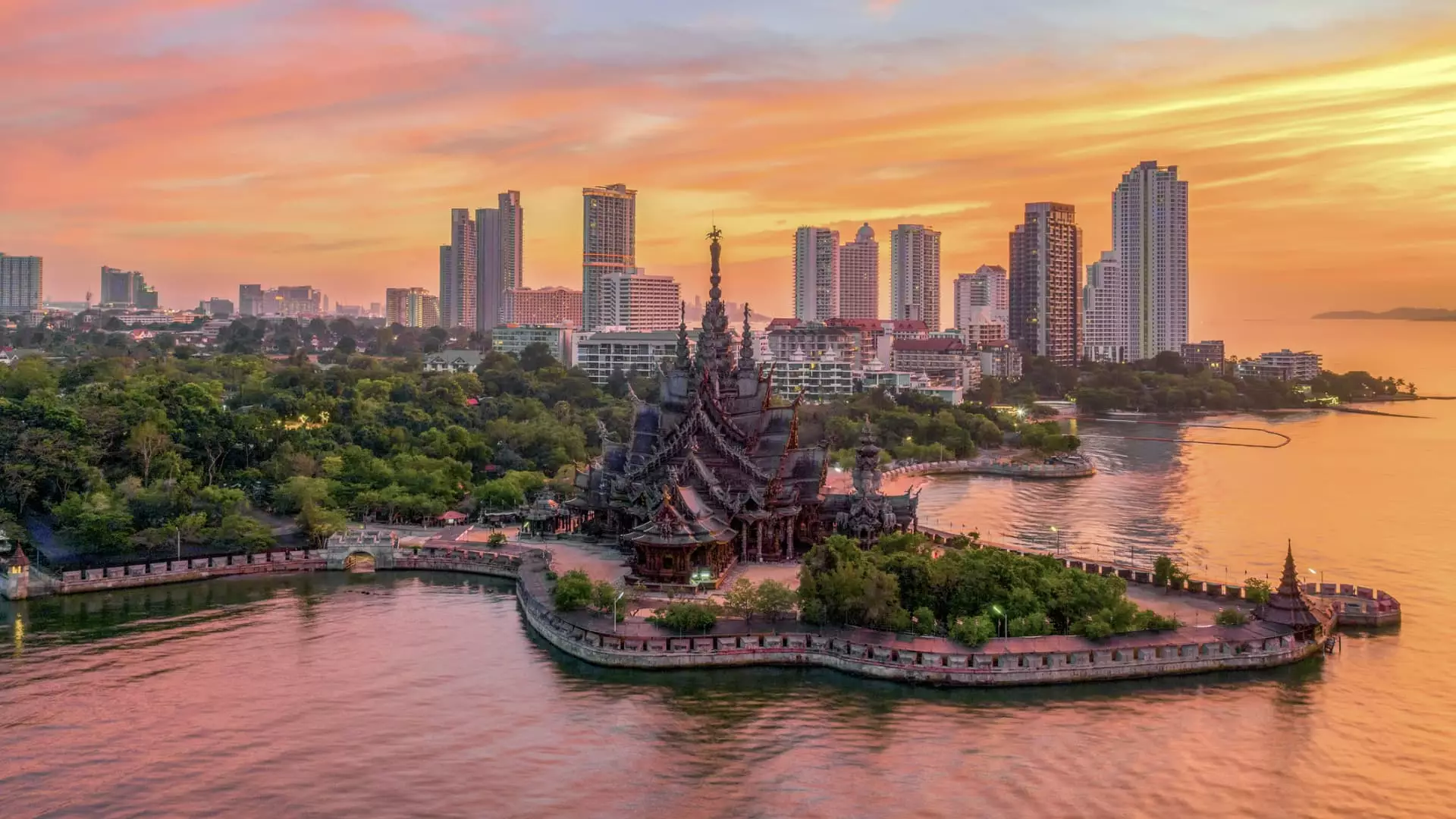Thailand is exploring the possibility of legalizing casinos as a means to increase foreign visitors and enhance tourism spending. This move has been inspired by the success stories of Macao and Singapore, which have leveraged their casino industries to become major players in the global gambling market. By following in their footsteps, Thailand aims to position itself as a strong competitor by the end of the decade.
Despite being a tourism powerhouse in Southeast Asia, Thailand’s economy has been hit hard by the COVID-19 pandemic. The country is still struggling to recover from the economic impacts of the crisis, with tourist arrivals remaining below pre-pandemic levels. The legalization of casinos is seen as a strategic move to stimulate tourism spending, create job opportunities, and boost economic growth.
Former Thai Prime Minister Srettha Thavisin initiated the process of drafting a bill to legalize entertainment complexes in the country. Even with a change in leadership, experts anticipate that the bill will continue to progress. The potential revenue generated by Thailand’s casinos could amount to a significant portion of the country’s GDP, signaling the economic significance of this industry.
While the specific locations of the proposed casinos have not been disclosed, industry analysts predict that they are unlikely to be situated in the capital city of Bangkok. Instead, the focus is expected to be on less populated areas such as the Eastern Economic Corridor. This strategic approach differs from Macao’s model of clustering multiple casinos in close proximity and is aimed at driving development in specific regions.
Despite the potential benefits of legalizing casinos, there are concerns raised by industry experts regarding the feasibility of the initiative. The success of Thailand’s future casinos will depend on effective planning, management, and integration with other tourism offerings. It is crucial for the government to strike a balance between catering to gamblers and non-gamblers to maximize the economic impact of the industry.
The proposed regulations for Thailand’s casinos include an entrance fee for Thai citizens, licensing requirements, and financial obligations for operators. The involvement of U.S. investors in the gambling industry is anticipated, but local partnerships and interests are likely to play a significant role. As Thailand enters the competitive landscape of the gaming industry, it will need to navigate challenges and capitalize on opportunities to establish itself as a key player in the region.
Thailand’s consideration of legalizing casinos represents a bold step towards revitalizing its tourism sector and driving economic growth. While the potential benefits are promising, the country must address various challenges and uncertainties to ensure the success of this initiative. By learning from the experiences of other gambling hubs and adopting a strategic approach, Thailand can harness the full potential of its casino industry to enhance its position as a leading tourist destination in Southeast Asia.

